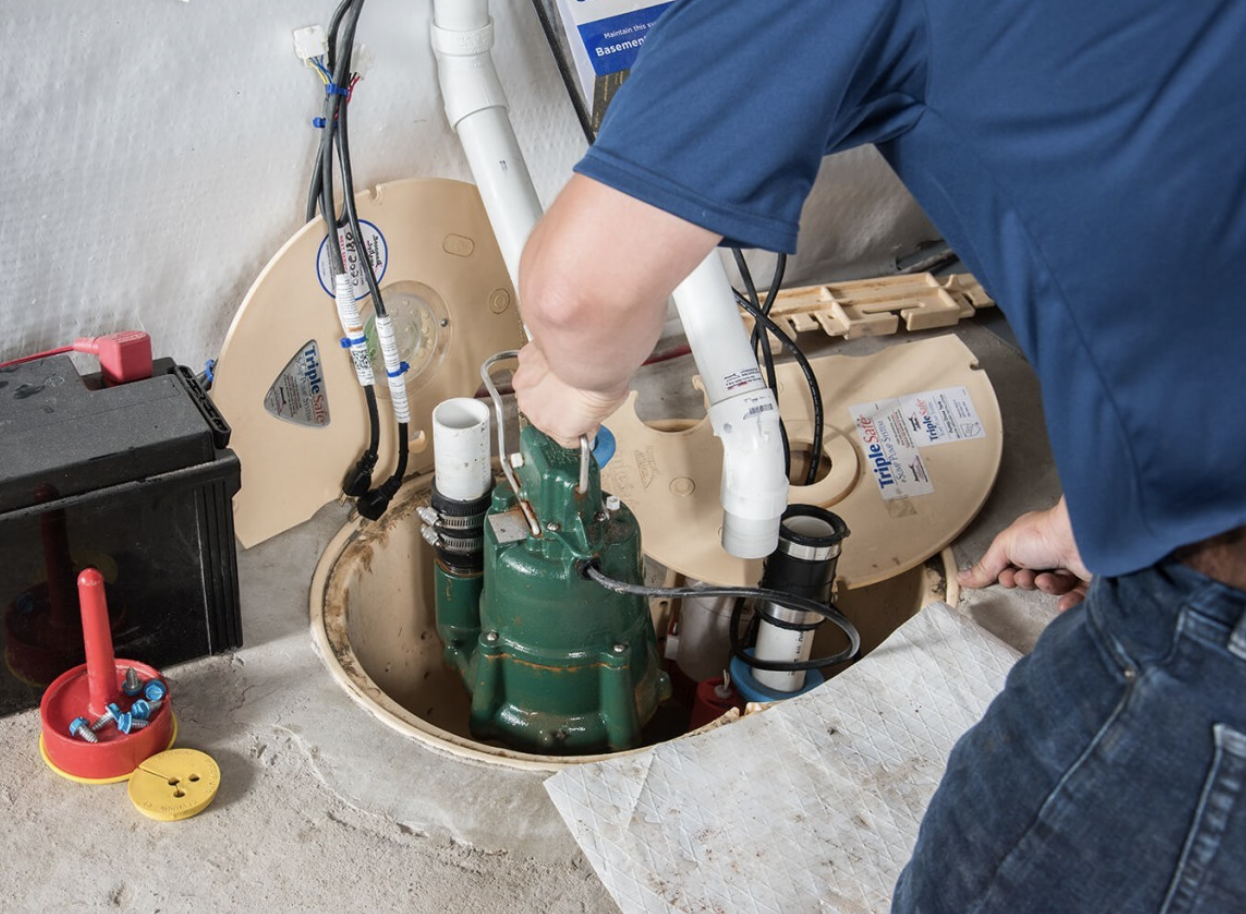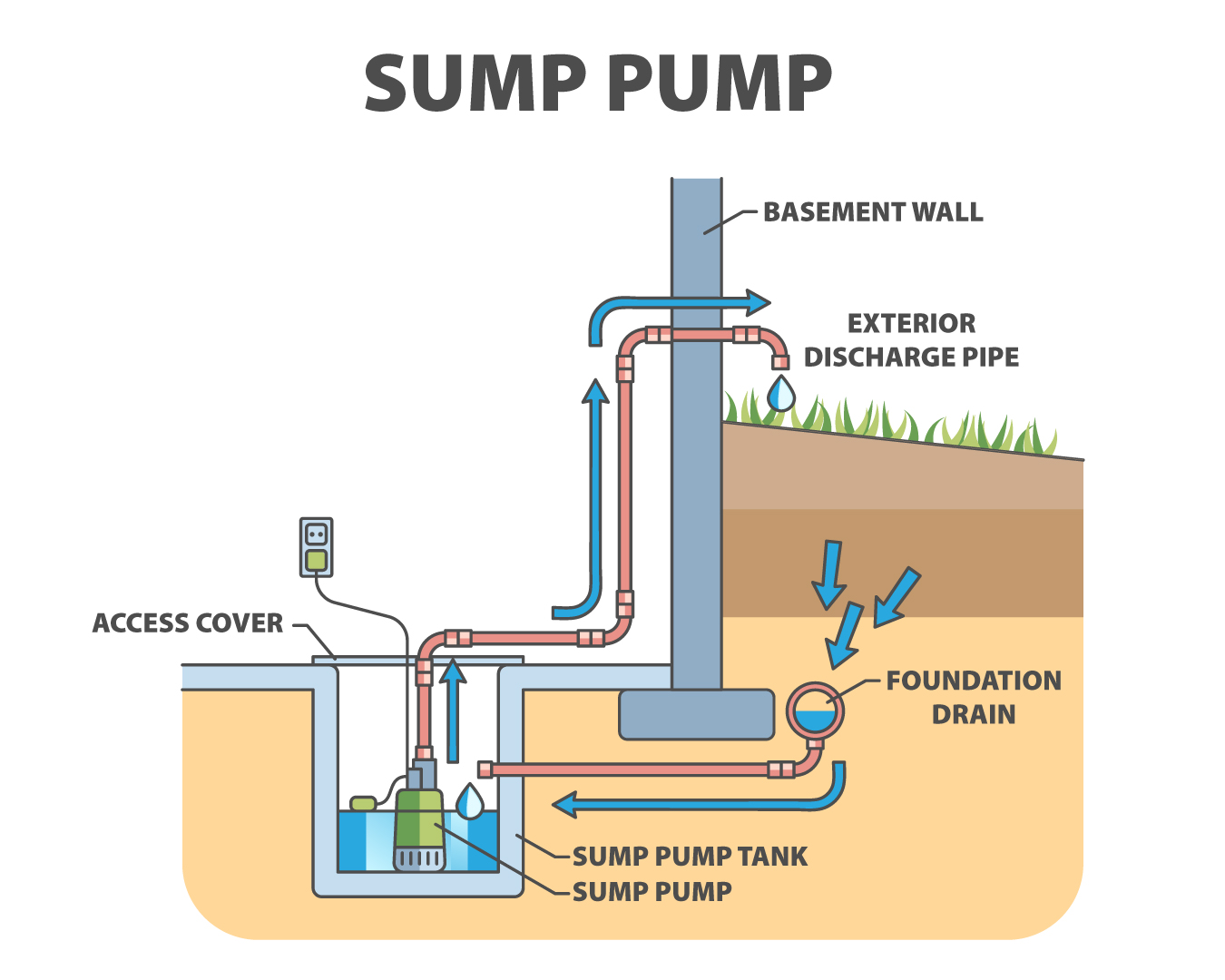Specialist Pump Repairs & Installation Services: Enhancing Your Water System's Performance
Specialist Pump Repairs & Installation Services: Enhancing Your Water System's Performance
Blog Article
Comprehending the Trick Elements of Effective Water Purification Equipments

Value of Water Filtering Systems
Water purification systems play a vital function in ensuring accessibility to tidy and safe drinking water by effectively removing impurities and impurities. These systems are vital in dealing with the expanding issues over water quality and the prospective health threats connected with eating polluted water. By making use of different purification systems such as reverse osmosis, turned on carbon, and UV sterilization, water purification systems can effectively remove hazardous materials like bacteria, infections, heavy steels, and chemicals from the water supply.
In addition, water filtration systems assist to boost the taste and smell of water by removing chlorine, sediments, and various other toxins that can affect its high quality. Well Pump Replacement. This enhancement in water high quality not only makes it a lot more tasty however additionally encourages individuals to consume alcohol an appropriate amount of water daily, promoting better hydration and total wellness
Kinds of Purification Components

Physical filters are created to literally stress out impurities from the water. These filters can be made of materials like ceramic, carbon, or also sand, and they function by capturing fragments bigger than the filter's pores as water travels through.
Chemical filters use different chemical processes to eliminate impurities from the water. Instances consist of turned on carbon filters, which adsorb contaminations, and turn around osmosis membrane layers, which use stress to different contaminants from the water.
Organic filters utilize living microorganisms like bacteria or algae to damage down raw material and toxins in the water. These filters are often used in wastewater treatment plants or all-natural water filtration systems.
Recognizing the various sorts of purification elements is critical for picking the most suitable water purification system for details filtration requirements.
Function of Sediment Filters
Debris filters play a crucial duty in water purification systems by successfully catching solid particles put on hold in the water. These filters are commonly the initial line of defense in a filtration system, getting rid of bigger bits such as sand, silt, dirt, and corrosion prior to the water moves via finer purification stages. By trapping these debris, the filters avoid them from reaching downstream parts, therefore extending the lifespan and performance of the entire system.
The function of debris filters is important in maintaining water top quality and securing sensitive tools from damage brought on by particles. Furthermore, by removing noticeable particles, debris filters improve the clarity and preference of the water. On a regular basis replacing or cleansing sediment filters is important to ensure ideal performance. Disregarding this upkeep can lead to obstructing, reduced water circulation, and compromised purification effectiveness. Overall, debris filters are important parts that add dramatically to the effectiveness of water purification systems.
Role of Triggered Carbon Filters
Playing a crucial role in water filtering More Bonuses systems, turned on carbon filters are important in getting rid of contaminations and contaminants from the supply of water. These filters are made to adsorb and trap a vast array of pollutants, consisting of chlorine, unpredictable natural compounds (VOCs), pesticides, and herbicides. The triggered carbon product has a large surface, permitting for the efficient trapping of contaminants with a procedure called adsorption. As water passes via the filter, the turned on carbon attracts and holds onto the pollutants, making certain that the water that comes out beyond is cleaner and much safer for consumption.
Turned on carbon filters are highly reliable at enhancing the taste and smell of water by decreasing chemicals that can influence its high quality. Due to their versatility and integrity, activated carbon filters are a vital element in ensuring that water is cleansed to the highest criteria before getting to consumers.
Understanding Reverse Osmosis Equipments
Reverse osmosis systems are sophisticated water filtration systems that utilize a sophisticated procedure to remove contaminants and pollutants from drinking water. These systems work by using pressure to the water, requiring it via a semi-permeable membrane. This membrane works as a barrier, enabling only pure water particles to travel through, while blocking larger particles such as minerals, chemicals, and other impurities. As an outcome, the water that appears beyond is dramatically cleaner and safer for usage.
One key advantage of reverse osmosis systems is their capacity to remove a variety of pollutants, consisting of hefty steels, liquified solids, bacteria, and viruses. This makes them extremely efficient in enhancing the general high quality and click resources security of drinking water. Furthermore, reverse osmosis systems are fairly low-maintenance and can be set up under the sink or in a central filtering system, supplying practical accessibility to clean water throughout the family. Generally, comprehending exactly how reverse osmosis systems work can assist individuals make informed decisions about their water purification demands.
Final Thought
In final thought, effective water purification systems are essential for ensuring secure and tidy drinking water. The key parts of these systems consist of sediment filters, activated carbon filters, and turn around osmosis systems. By recognizing the function and function of each component, people can make educated decisions when selecting a water purification system. It is necessary to prioritize the quality of water in order to advertise total wellness and wellness.
Water filtration systems play an important role in making certain accessibility to risk-free and tidy alcohol consumption water by properly getting rid of impurities and impurities. By utilizing various filtering mechanisms such as reverse osmosis, turned on carbon, and UV sanitation, water purification systems can effectively remove harmful materials like bacteria, infections, hefty steels, and chemicals from the water supply.
Sediment filters play an essential role in water purification systems by effectively catching solid bits put on hold in the water (Water Softeners).Playing a critical duty in water filtration systems, activated carbon filters are important in eliminating pollutants and pollutants from the water supply.Reverse osmosis systems are sophisticated water filtering systems that utilize browse around this site an advanced procedure to eliminate pollutants and pollutants from drinking water
Report this page